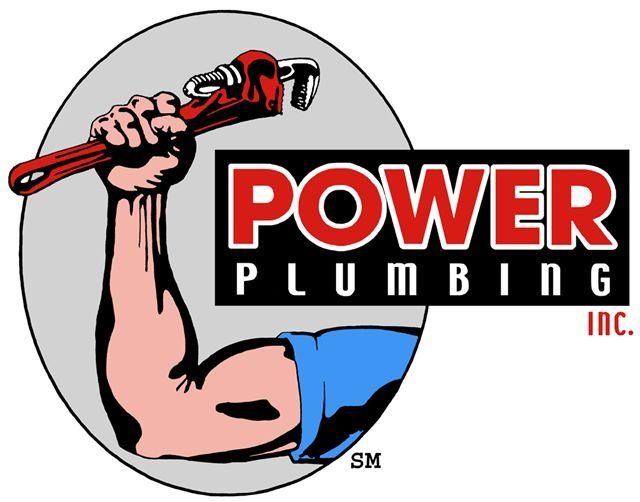Causes of Low Water Pressure
- By Admin
- •
- 10 Apr, 2023
Imagine turning on the shower only to realize the water pressure is low. Low water pressure is annoying, as it may affect your sinks, dishwashers, showerheads, and faucets. But, in many cases, the low water pressure signals a problem within your plumbing system. Below are some common causes of low water pressure.
Municipal Water Problems
Sometimes, water pressure problems may not result from problems in your home. You can check if your neighbors have similar issues. If they are, there is a high probability that the issue is not in the house.
If the water pressure problem is not stemming from your home, you can call your water supplier and find out if they have an issue with their water supply. If the water supplier is aware of the problem and has plans to fix it, you may need to wait for the system to be restored to normal.
Change in Municipal Regulations
Apart from municipal water problems, low water pressure may result from a change in municipal regulation. In such a scenario, your water supplier has no control over the changes and has to comply.
The onus is on you, and one of the ways to handle this issue would be to buy a booster system. You can install the system on your own. However, the process may be complex and is best left to professionals such as plumbers.
The plumber will help you bring an inspector who will certify that you can make such adjustments in your home. They also understand how to install the booster system depending on the age and size of the pipes in your home.
Leaky Pipes
Leaks in the home can cause water pressure issues. Even if everything else works properly, a leak that misdirects your water supply means you will only get part of the water flow. If you want to ascertain if there is a leak in the pipes, look around your home for pooling water and wet spots.
You can try a quick fix when you find the leaking pipe. Turn off the water supply and use a pipe repair clamp or electrical clamp to attach the pipe and rubber patch to control the leaking for a few days. You should then call your plumber so they can fix the problem more permanently.
Failing Pressure-Reducing Valve or Pressure Regulator
Pressure regulators reduce pressure input from the plumbing system to sufficient levels that do not damage pipes. If your home has a failing pressure regulator, you may experience a spike in water pressure or a sudden dip in the water pressure.
A good indicator that the problem is a faulty pressure regulator is that the pressure change will happen suddenly, and the change will be seen on all the fixtures in the home.
Clogged or Corroded Pipes
Clogs in the piping system can reduce water pressure in the home. However, you need to identify where the clogs are and you will need to call your plumber to help you. Plumbers understand how to identify problem areas and tell which chemicals would best loosen the clogs that affect your system.
On the other hand, you may be dealing with corroded pipes. If you live in an older house, chances are high that the pipes are corroded, and the solution would be to repipe. You may also experience corrosion if you added plumbing fixtures to the house after it was built and did not enlarge your piping branch lines, so the pipes are working overtime and corroding faster.
Power Plumbing Inc. has experts who can help you determine what causes low water pressure in your home. Contact us today with all your plumbing issues.





